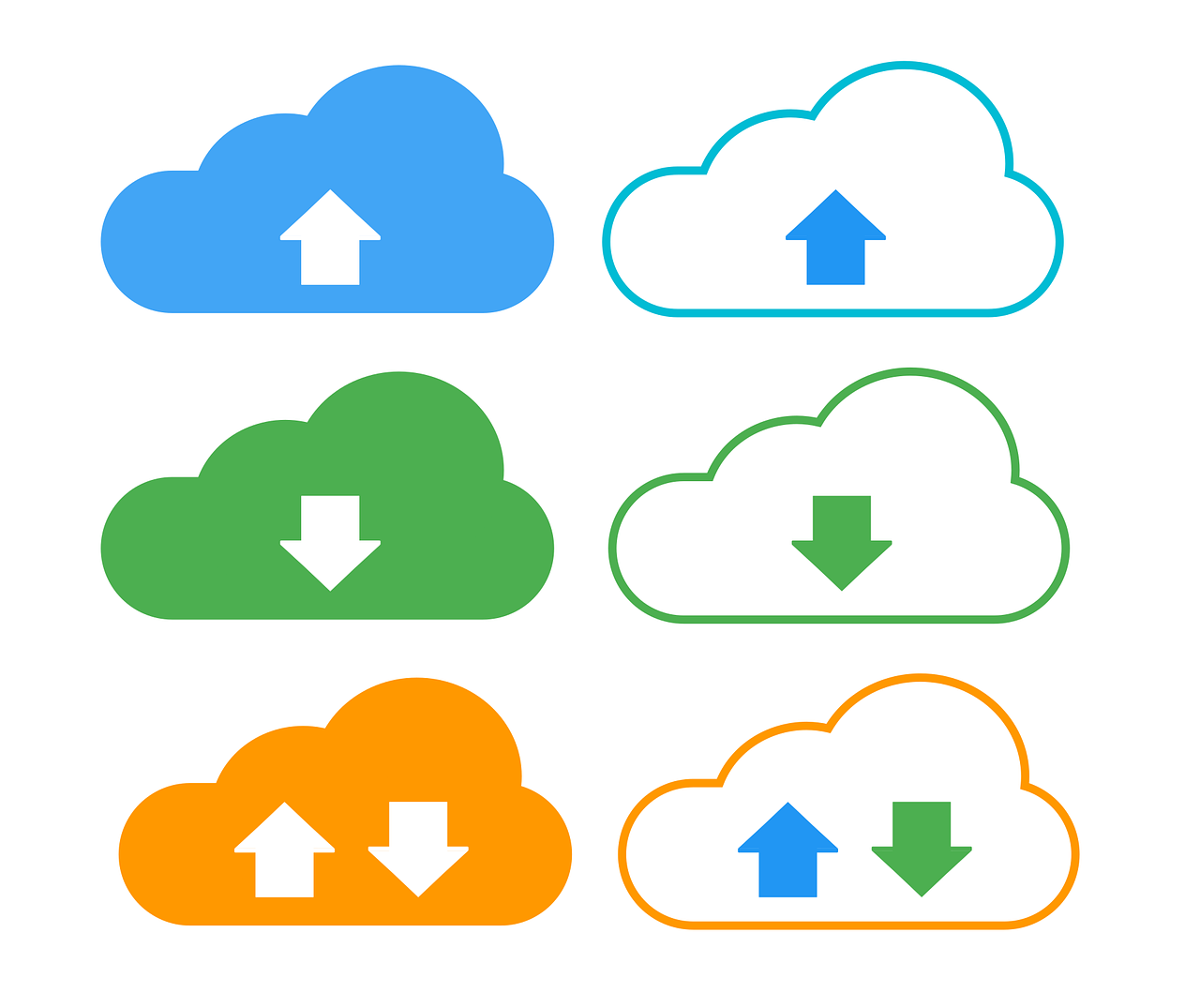None

Brief news summary
Whistleblowers at OpenAI have filed a complaint with the Securities and Exchange Commission (SEC), accusing the artificial intelligence company of illegally preventing employees from alerting regulators about potential risks posed by its technology. The complaint alleges that OpenAI employed overly restrictive agreements and nondisclosure clauses that could penalize workers who raised concerns about the company's practices. The whistleblowers argue that the agreements violated federal laws protecting whistleblowers and hindered scrutiny and dissent necessary for building safe AI technology. OpenAI stated that it has made changes to its employment agreements to remove nondisparagement terms and protect employees' right to disclosure. Concerns have been raised that OpenAI prioritizes profit over safety.Whistleblowers at OpenAI have submitted a complaint to the Securities and Exchange Commission (SEC) accusing the company of unlawfully preventing employees from alerting regulators to the significant risks its technology poses to humanity. The complaint highlights the restrictive employment, severance, and non-disclosure agreements that OpenAI required employees to sign, potentially penalizing those who voiced concerns to federal regulators. The letter sent to the SEC also claims that OpenAI's contracts violated federal laws safeguarding whistleblowers' rights and propagated a culture of avoiding scrutiny and dissent. OpenAI spokesperson Hannah Wong maintains that the company's whistleblower policy protects employees' rights, adding that changes have been made to the departure process to eliminate non-disparagement terms.
There are concerns that OpenAI prioritizes profits over safety, exemplified by the recent hasty release of its latest AI model, ChatGPT, despite employee misgivings about adherence to security testing protocols. The letter also highlights the wider issue of confidentiality agreements in the tech industry, which hinder reporting of misconduct. Policymakers stress the importance of whistleblowers in developing effective regulations for the rapidly advancing artificial intelligence sector.
Watch video about
None
Try our premium solution and start getting clients — at no cost to you

I'm your Content Creator.
Let’s make a post or video and publish it on any social media — ready?
Hot news

AI SEO Agency: How an AI SEO Agency Audits for Ge…
Search engines are rapidly evolving, making traditional SEO methods insufficient in today’s AI-driven digital landscape.

AI Drives Smart Manufacturing Toward Autonomy, 20…
The State Council Information Office recently held a press conference to highlight major achievements in industrial and information technology development for 2025.

AI Video Compression Techniques Improve Streaming…
Streaming services worldwide are increasingly implementing artificial intelligence (AI)-driven video compression technologies to greatly improve user experience.

Li Auto CEO reaffirms AI focus in internal meetin…
Li Auto employees are increasingly eager for clear strategies to reverse the company's weak sales, despite the CEO’s ongoing focus on AI initiatives.

Coca-Cola's AI-Generated Holiday Ads Spark Contro…
In November 2024, Coca-Cola garnered significant attention by using artificial intelligence (AI) to produce three commercials for its annual holiday campaign, marking a notable shift toward incorporating cutting-edge technology in its festive advertising.

Oracle's AI-Driven Cloud Services: Enhancing Busi…
Oracle is making significant strides in its cloud services by integrating advanced artificial intelligence (AI) capabilities designed to help businesses streamline their operations.

AI-Powered SEO: Case Studies and Success Stories
In today’s rapidly evolving digital landscape, businesses increasingly seek innovative methods to boost their online presence and SEO performance, with many turning to artificial intelligence (AI) to gain a competitive advantage in search rankings and web visibility.
AI Company
Launch your AI-powered team to automate Marketing, Sales & Growth

and get clients on autopilot — from social media and search engines. No ads needed
Begin getting your first leads today








